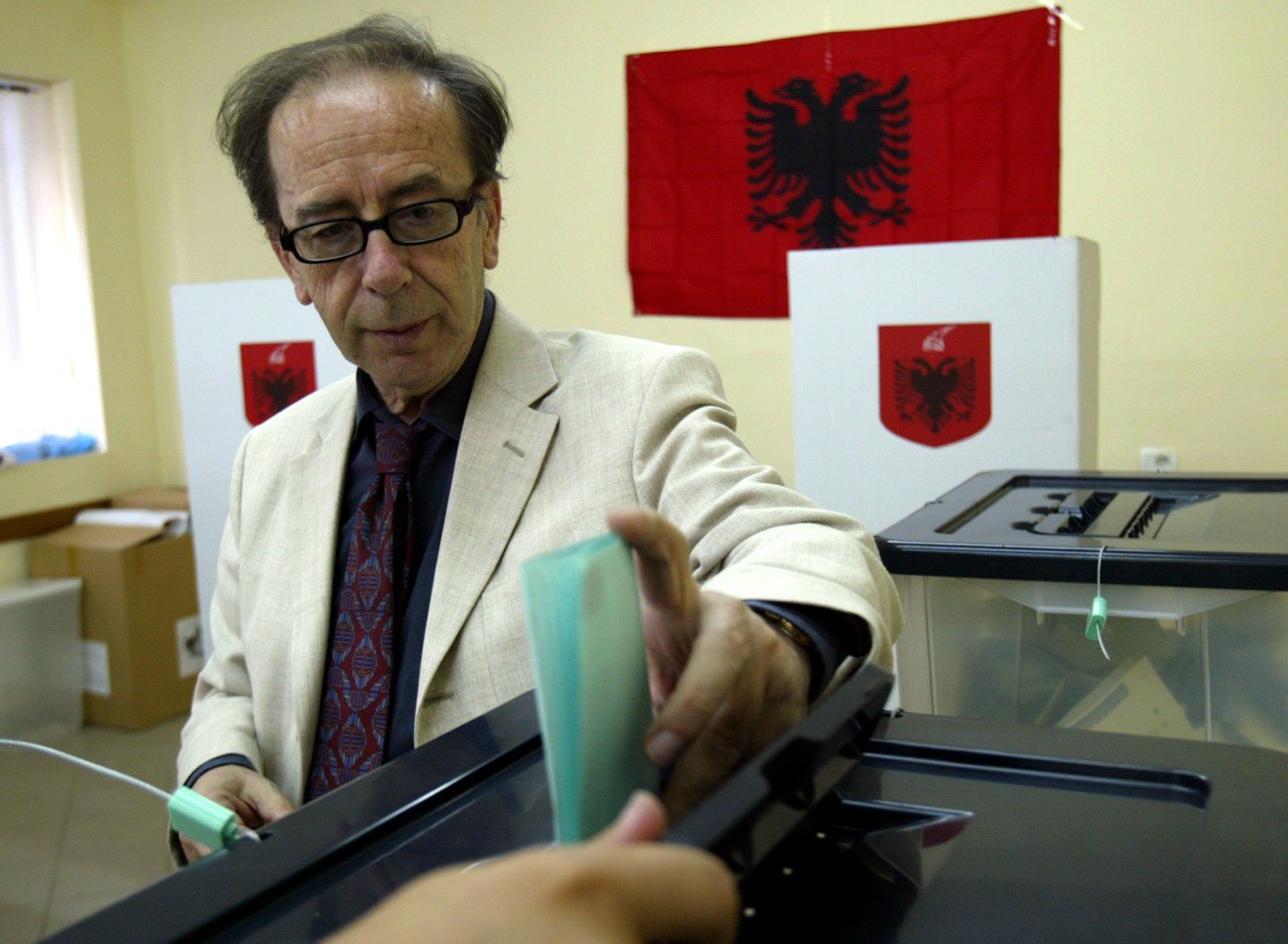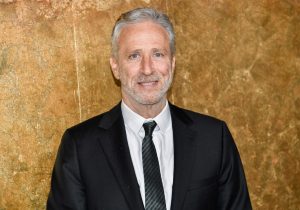
Lucas: Remembering Ismail Kadare, the voice of Albania
I knew the renowned Albanian writer and poet Ismail Kadare.
He died last week at age 88.
Only when I first met him, he was not so renowned. I did not know who he was.
Which, from my point of view, was understandable. Although he was famous in Albania, hardly anyone at that time outside of the small, closed Communist police state knew much about him.
It was only later that I learned that his novel “The General of the Dead Army,” published in Albania in the Sixties would become a sensation and be translated into at least 40 languages.
It is about a world-weary Italian army general with the haunting task of going to Albania to exhume and return to Italy the remains of Italian soldiers killed in the horrific fighting during World War II.
Kadare later wrote a string of books, became internationally famous, and won many awards, although — strangely— not the Nobel prize for literature.
We met in August 1986. At the time I was the first American reporter to be allowed into closed Communist Albania in 40 years.
Enver Hoxha, the paranoid communist dictator who ruled the country since the takeover after World War II, died in 1985. During his lifetime he turned the country in a sealed armed camp like North Korea. Nobody could get in and nobody could get out.
Since there was a possibility of opening, I applied for a visa as a reporter for the Boston Herald and was astonished that it was approved.
Perhaps that my parents had emigrated from the country had something to do with it. I was born in Cambridge.
When I got to the small, shabby and desolate Tirana airport from Zurich on a small Swissair plane it was as though I had landed on the moon.
Although Hoxha was dead, the country was still an isolated totalitarian Stalin-like police state where even the private ownership of cars was prohibited to all but the Communist Party elite who ran the place.
The Sigurimi — the Albanian secret police — were everywhere, and people were fearful of speaking out, let alone talk to a foreigner like me.
There was no internet or email at the time. All contact with the rest of the world was prohibited. You could not phone in, and you could not phone out.
It was hard to understand how such a beautiful country with a marvelous Adriatic coast with spectacular pristine beaches, along with staggeringly Alpine-like mountains, could be such an oppressive place. But it was.
One day, my companion, who monitored me, and I met Kadare at a beach at Saranda in the south, a beach available only to party members and the well connected.
Kadare, a thin chain-smoking man, was a communist, to be sure, as was everybody else in Albania. But Kadare, I was to learn, was more of a communist of convenience. He had to be to survive as a writer. He walked a tightrope. He spoke French but not English.
So, in faulty translation Kadare became miffed when my minder inadvertently told him that I had never heard of him or read anything he had written. But he had never read anything that I had written either. So there.
Anyway, on the plane home I read an English translation of “The General of the Dead Army” and was deeply impressed. I still have the book. It was as good as anything Ernest Hemingway had written. I told Kadare that. He liked that and we became friends.
After that I would visit with him in Tirana, where I returned frequently to work on a book about Albania. I ended up writing three.
It turned out that we had both been in Vietnam in March 1967 during the war, he with the North Vietnamese writing for the Tirana newspapers and me in South Vietnam writing for the Boston Herald. Small world.
The rap on Kadare was that he did not, like fellow writer and poet Vaclav Havel in neighboring Czechoslovakia, help lead his country toward democracy upon the turbulent fall of communism in 1990. Instead, Kadare fled with his family to Paris. That probably saved his life but cost him the Nobel Prize
Kadare maintained he was never a politician, but only a writer.
He was a great one at that.
Peter Lucas is a veteran political reporter. Email him at: peter.lucas@bostonherald.com
(Photo amazon.com)


